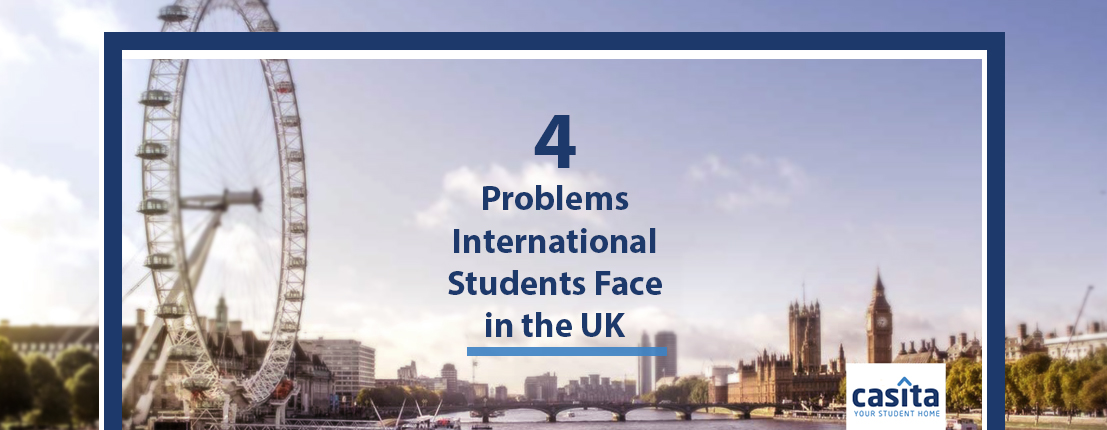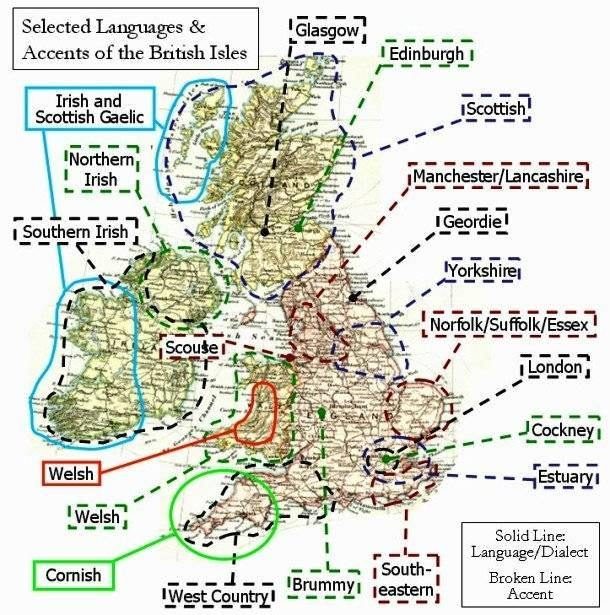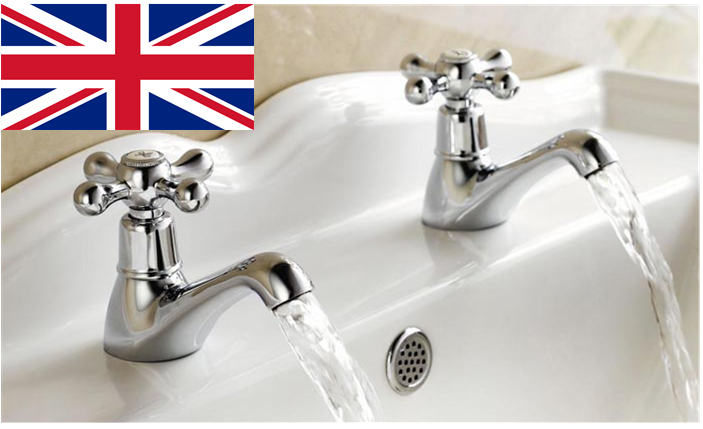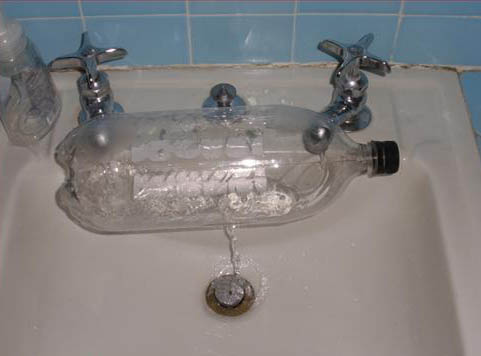4 Problems International Students Face in the UK
University Life
Exploring
2 mins read
Share

Updated at: 25 November, 2025
Published at: 07 August, 2019
By Ola Elwassify
4 Problems International Students Face in the UK
University Life
Exploring
2 mins read

Updated at: 25 November, 2025
Published at: 07 August, 2019
By Ola Elwassify
Share
1. There are Many Types of British Accents
Accents and dialects change noticeably in the UK about every 25 miles. Wherever you are, you will find that people are speaking a different British accent than the one you were trying so hard to familiarise yourself with. When it comes to language, the most important thing is to understand it and be able to communicate what you mean.
Avoid imitating the UK accent and focus on speaking the standard English language with a standard accent/dialect and make sure that the people you are talking to actually understand what you mean. The accent will be acquired later when you settle and hear it all the time.

2. How the British Use Euphemism
Euphemism or indirect speech in the UK are strongly rooted in their culture, and not just in politics and economics, but also in everyday social interactions. You could ask a British person “How are you?” and they reply “I’m fine. Thank you for asking,” but their tone of voice would imply that you should not be asking about their whereabouts any further. In other words, they are too polite to say what they really mean and they prefer the indirect approach.
As an international student coming from a different background, you might find this concept hard to grasp at first, but in a few weeks, you will capture when to talk longer and when to cut it short. Be attentive to the implied meanings of their words and avoid being too direct when it comes to any negative remark because it is considered extremely impolite.
3. Separate Hot and Cold Water Taps
Hot and cold water taps are very puzzling for any UK newcomer, but there’s a story behind this. After WWII, people in the UK had a water shortage, so in order to consume less water, people had to fill half of their sinks with hot water and then close the tap and fill the other half with cold water from the other tap. Normally people with one tap for both will open the cold and then adjust the hot until they have a lukewarm one, and to the British, this is wasting water.
International students hack for this issue: use a large bottle to mix both.


4. Taxi Drivers are Better than Google Maps
Well, that’s not really a problem but it’s a lifesaver. If you’re lost and you do not know who to ask, aim for cabbies. Drivers in the UK must memorise the locations of clubs, hospitals, hotels, parks, theatres, schools, restaurants, government buildings, and churches. So whenever you are unsure which direction to go, ask a cabbie! They’re used to being asked by foreign students and they outsmart Google Maps when it comes to knowing the hidden corners and edges of the streets and roads.
As a foreign student in the UK, the odd things that any local would think of as the norm would definitely make no sense to you at first. Share your weird UK experiences on our page now and we’ll update the article!
University Life
Exploring
By Ola Elwassify
Share
University Life
Exploring
Updated at:
Published at:
By Ola Elwassify
Share

